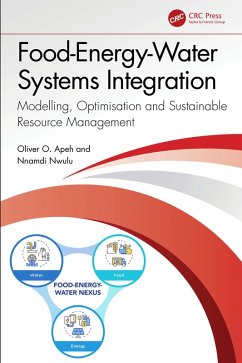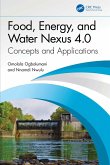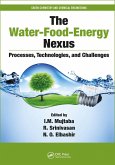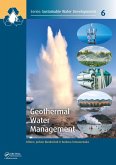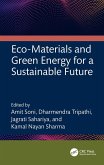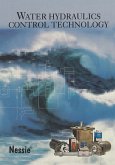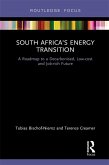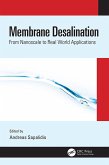Features:
- Emphasises the sustainability of natural resources, encouraging readers to understand the importance of harmonising food, energy, and water demands for sustainable development.
- Provides methodologies and practical tools to measure and enhance nexus performance for resource optimisation across different locations.
- Integrates interdisciplinary perspectives, drawing from engineering, environmental science, economics, and policy research to provide a holistic view of the nexus.
- Examines the development of the nexus, offering insights into past trends, current conditions, and prospective states.
- Outlines actionable strategies for optimising the application and management of food, energy, and water resources.
The book is aimed at graduate and postgraduate students, researchers in environmental engineering, including policymakers, and industry practitioners seeking innovative approaches to resource management within the food-energy-water nexus.
Dieser Download kann aus rechtlichen Gründen nur mit Rechnungsadresse in A, B, BG, CY, CZ, D, DK, EW, E, FIN, F, GR, HR, H, IRL, I, LT, L, LR, M, NL, PL, P, R, S, SLO, SK ausgeliefert werden.

